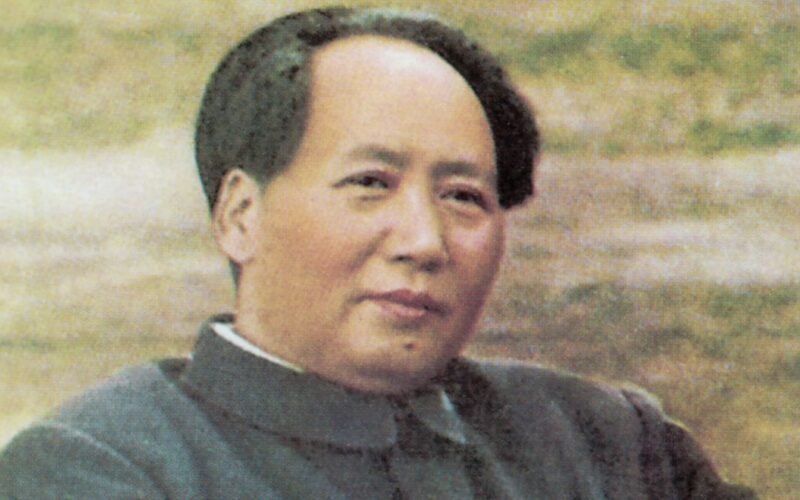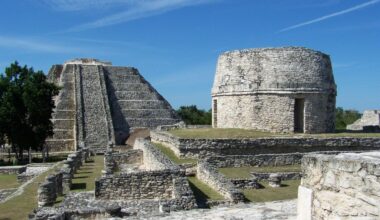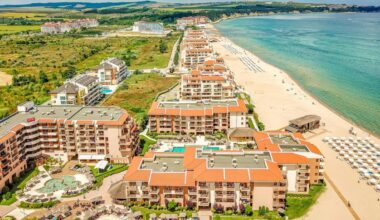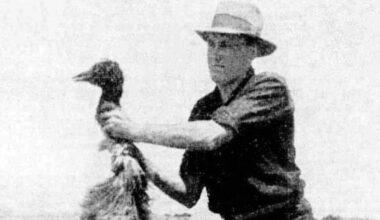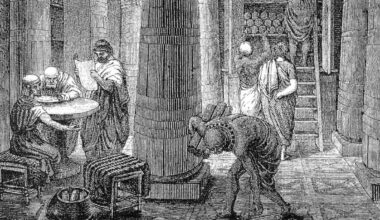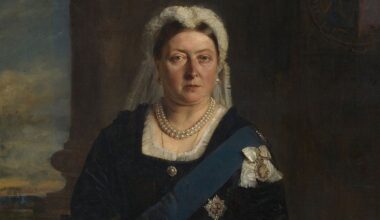Mao Zedong, revered as the founding father of the People’s Republic of China and the leader of the Chinese Communist Party (CCP), is a figure of profound significance in modern Chinese history. While Mao is celebrated for his role in leading China through revolution and modernization, his tenure as the paramount leader is also characterized by a dark history of atrocities and human rights abuses. Delving into the depths of Mao’s regime reveals a stark reality that challenges the simplistic narratives of heroism and triumph propagated by official accounts.
The Cultural Revolution: Reign of Terror
One of the most infamous episodes of Mao’s rule was the Cultural Revolution, launched in 1966 with the purported aim of purging the country of bourgeois and capitalist influences. Under Mao’s direction, millions of young people, known as Red Guards, were mobilized to target intellectuals, political dissidents, and individuals perceived as counter-revolutionaries or enemies of the state. Universities were shut down, traditional cultural artifacts were destroyed, and chaos reigned as violence, persecution, and terror swept across the nation. The Cultural Revolution unleashed a wave of brutality and suffering, with countless lives lost and irreparable damage inflicted upon Chinese society.
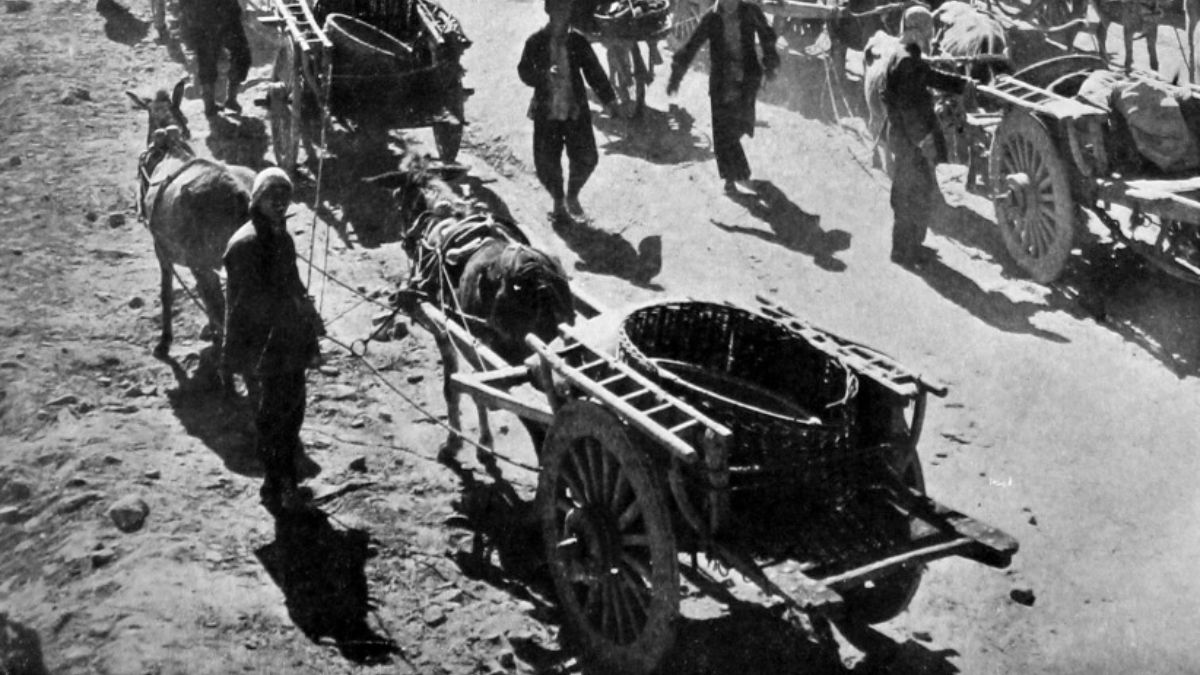
The Great Leap Forward: A Man-Made Disaster
The Great Leap Forward, initiated by Mao in 1958, stands as another tragic chapter in China’s history under his leadership. Conceived as a bold initiative to rapidly transform China from an agrarian society into an industrial powerhouse, the Great Leap Forward resulted in catastrophic consequences. Mao’s ambitious economic policies, including collectivization of agriculture and forced industrialization, led to widespread famine, starvation, and death on an unprecedented scale. Millions of people perished as a result of food shortages, malnutrition, and government mismanagement, making the Great Leap Forward one of the deadliest man-made disasters in human history.
Political Purges and Repression
Throughout Mao’s rule, political purges, mass executions, and systematic human rights abuses were commonplace. Dissent was brutally suppressed, and anyone perceived as a threat to the Communist Party’s authority was subject to imprisonment, torture, or execution. Intellectuals, artists, religious leaders, and political dissidents were targeted in waves of persecution, resulting in widespread fear and paranoia. The suppression of free speech, assembly, and expression created an atmosphere of silence and conformity, stifling dissent and opposition.
The Lingering Legacy: Trauma and Silence
Despite the passage of time, the scars of Mao’s atrocities continue to haunt China, shaping its political landscape, social fabric, and collective memory. The trauma inflicted by Mao’s regime has left a lasting impact on the Chinese people, contributing to a culture of fear, mistrust, and silence. While the Chinese government has sought to downplay or whitewash Mao’s crimes, the memory of the suffering endured under his rule persists, serving as a reminder of the dark underbelly of authoritarianism.
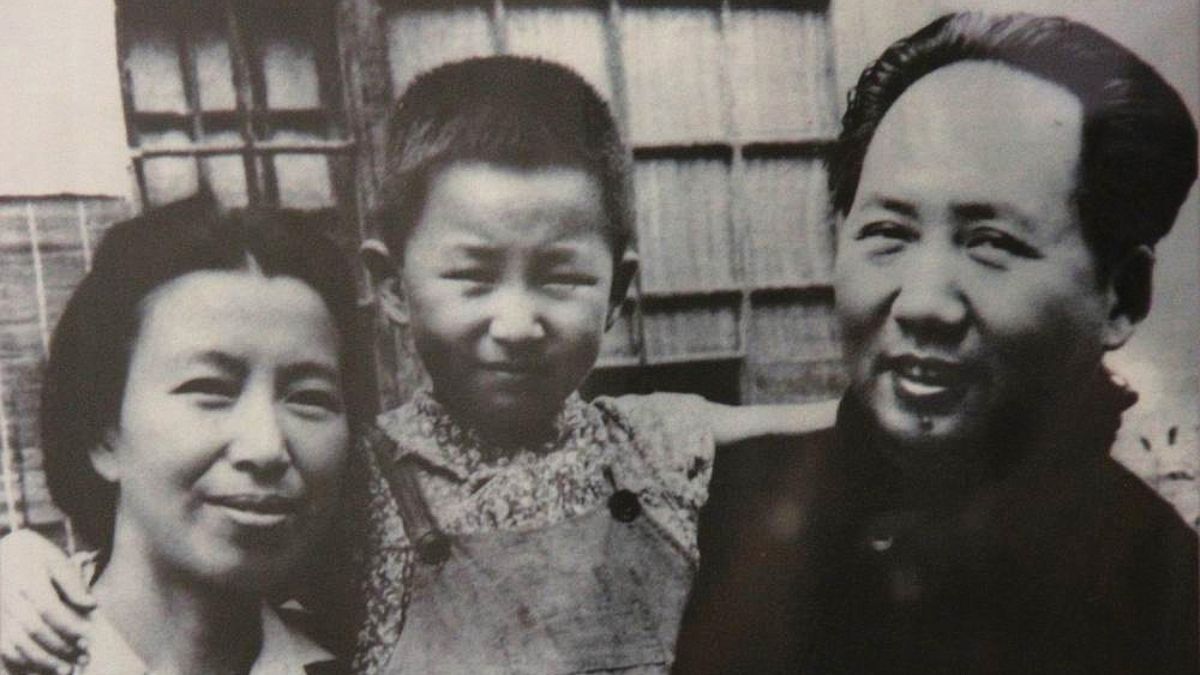
Confronting the Past: Truth and Reconciliation
As China grapples with its authoritarian past and strives for a more open and inclusive future, confronting the legacy of Mao’s atrocities is essential for healing the wounds of the past and building a brighter future for all. Truth and reconciliation efforts are necessary to reckon with the horrors of Mao’s regime, promote accountability for past crimes, and ensure that such atrocities are never repeated. By acknowledging the injustices of the past and honoring the memory of the victims, China can move towards a more just and compassionate society, where the rights and dignity of all its citizens are respected and upheld.
Towards Healing and Justice
Mao Zedong’s rule in China was marked by a litany of atrocities, including the Cultural Revolution, the Great Leap Forward, and widespread human rights abuses. The impact of Mao’s reign continues to reverberate through Chinese society, shaping its politics, culture, and collective memory. As China confronts its authoritarian past and strives for a more just and compassionate society, reckoning with Mao’s atrocities is essential for healing the wounds of the past and building a brighter future for all. Through truth, reconciliation, and commitment to justice, China can emerge from the shadows of its history and embark on a path towards a more equitable and harmonious future.
